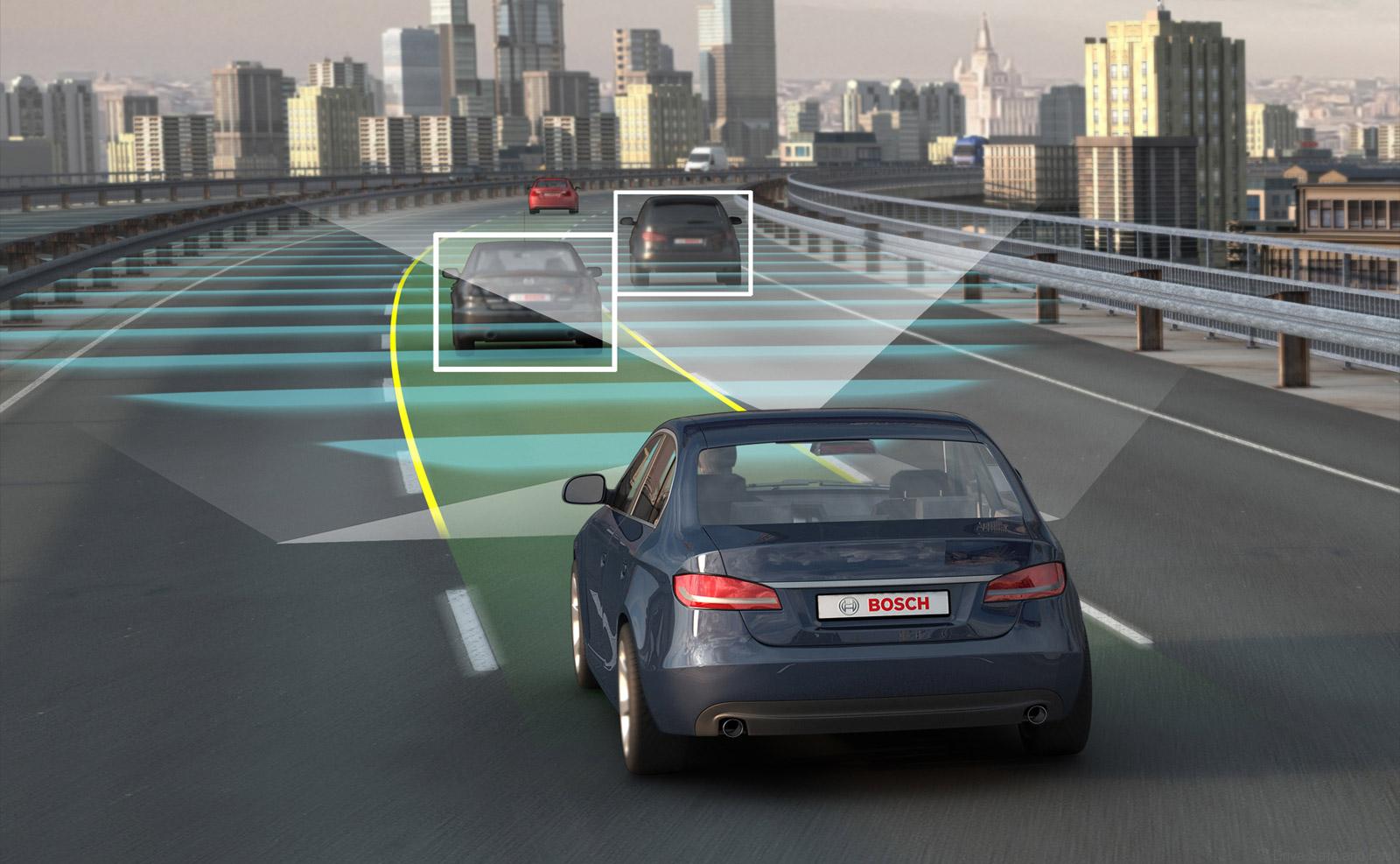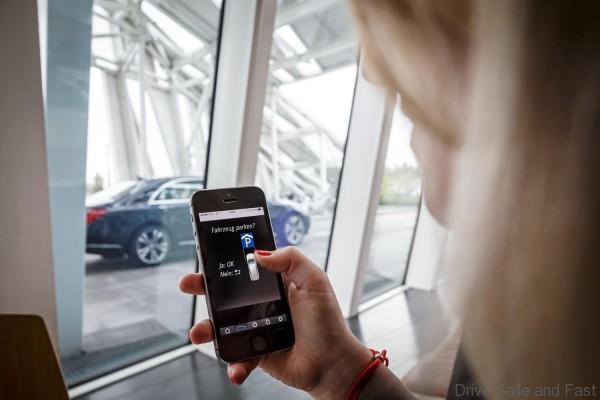Robert Bosch predicts that half of all new cars sold in Europe will have some level of connectivity by 2020. The world’s biggest supplier expects to have a substantial share of this business. Bosch provides communication boxes, the so-called connectivity control units (CCUs) that are integrated in cars. CCUs enable eCall, an emergency call function that is mandatory in the EU for all new type approvals for cars and light trucks up to 3.5 metric tons. In addition, Bosch provides the sensors and the software to collect and evaluate data. Bosch also derives valuable services and solutions from the information they get, for example, for their community-based parking. Earlier this year, Bosch launched their own IoT (Internet of Things) cloud. They did this because they have special requirements for privacy. They needed to test the technology themselves and prepare it for themselves and their customers.
A lot of carmakers, including Google, Apple or Ford, already have their full autonomous cars to the streets for testing in real conditions. Although they all say that cars will come into production by 2020, Bosch thinks maybe not.
Gerhard Steiger is Bosch’s Chassis System Control Division President and he has recently stated that we definitely won’t see driverless cars traveling along the streets in a couple of years. He predicts that by 2020 cars will only be able to change lanes without aid and the full driving capabilities will not be ready until 2025.
Although Google’s driverless cars have travelled more than 1 million kilometres on public roads since 2012, Steiger says this is not enough because more testing should be done and test drivers will have to drive several million kilometres on highways for the fully autonomous cars to end up in the production phase.
So it looks like we will continue to be in command of our cars and we will continue to enjoy the drive.





